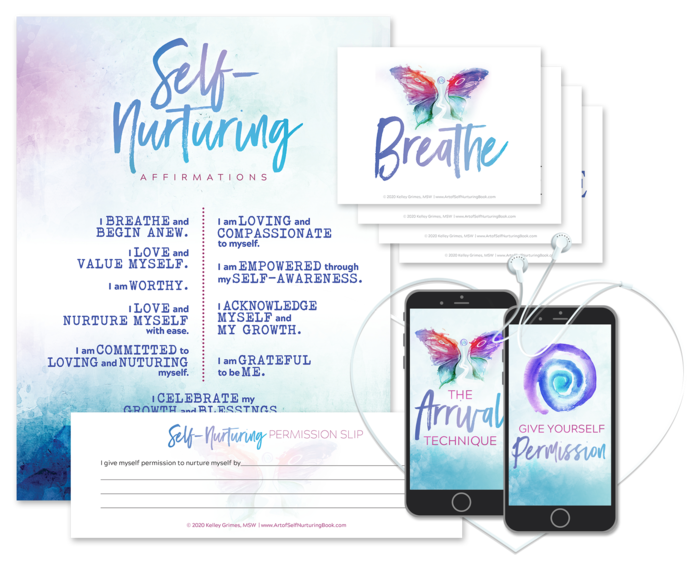
“When you stand and share your story in an empowering way, your story will heal you and your story will heal somebody else.” ~ Iyanla Vanzant
As a counselor and a writer, I am fascinated by the stories we tell about ourselves. I love to learn about people through their stories and find it enriches my understanding of different life experiences and deepens my compassion.
At my writer’s lounge, a facilitator recently asked us to think of a story that we tell ourselves that has transformed our lives. She shared her story of strength, resilience and creativity as a result of surviving cancer.
Another woman told the amazing story of having to lay off a man who responded with gratitude and told her that whenever he had been laid off before there had always been something better around the corner. That story empowered her to cultivate faith when taking her own leap into the unknown.
Another writer shared her story of leaving her profession as a pharmacist to write full time after a very difficult transition that led her to move to San Diego and now she is doing what she loves!
So much of the counseling work I do with clients is transforming their challenges, obstacles and overwhelm into empowering stories of courage, healing, and meaning.
Transforming traumatic and painful experiences into empowering stories of healing, strength and inspiration encourages us to understand ourselves as survivors.
It is critical to assess the stories we tell ourselves to see if they are empowering or continue to reinforce the message that we are victims. When we repeat stories to ourselves where we are victims and things always happen to us, we reinforce that we are not in control of our lives.
This victim identity undermines our ability to see the infinite possibilities in front of us, make empowered decisions and live into our fullest potential.
Without a doubt we need to find trusted people to tell our traumatic and painful stories to and be affirmed and acknowledged in the process of healing.
But continuing to tell our selves these disempowered stories leads to our identity as a victim.
If you wonder what kind of stories you tell yourself, spend some time compassionately and non-judgmentally assessing your stories, especially when you are feeling stressed and overwhelmed.
Start by noticing the story you tell yourself and ask the following questions:
1. How empowering is this story?
2. If it is not empowering, how could you transform it?
3. How has this story impacted how you view yourself and your potential?
4.What have you learned from this life experience that has contributed to your growth and development?
When you bring awareness to the stories you are telling yourself, you then have a choice about the meaning you give to them. You can choose to transform your challenges into an empowering story of hope and healing.
Gratitude is a powerful transformative tool that allows you to celebrate what you have learned from your difficulties, rather than being defined by them. As you begin to view your challenges as opportunities to grow, your story will transform into an inspiration for you and all who hear your empowering story.
So what story has transformed your life?
May you embrace and share your empowering story and may you live authentically in truth and beauty through the practice of self-nurturing!




